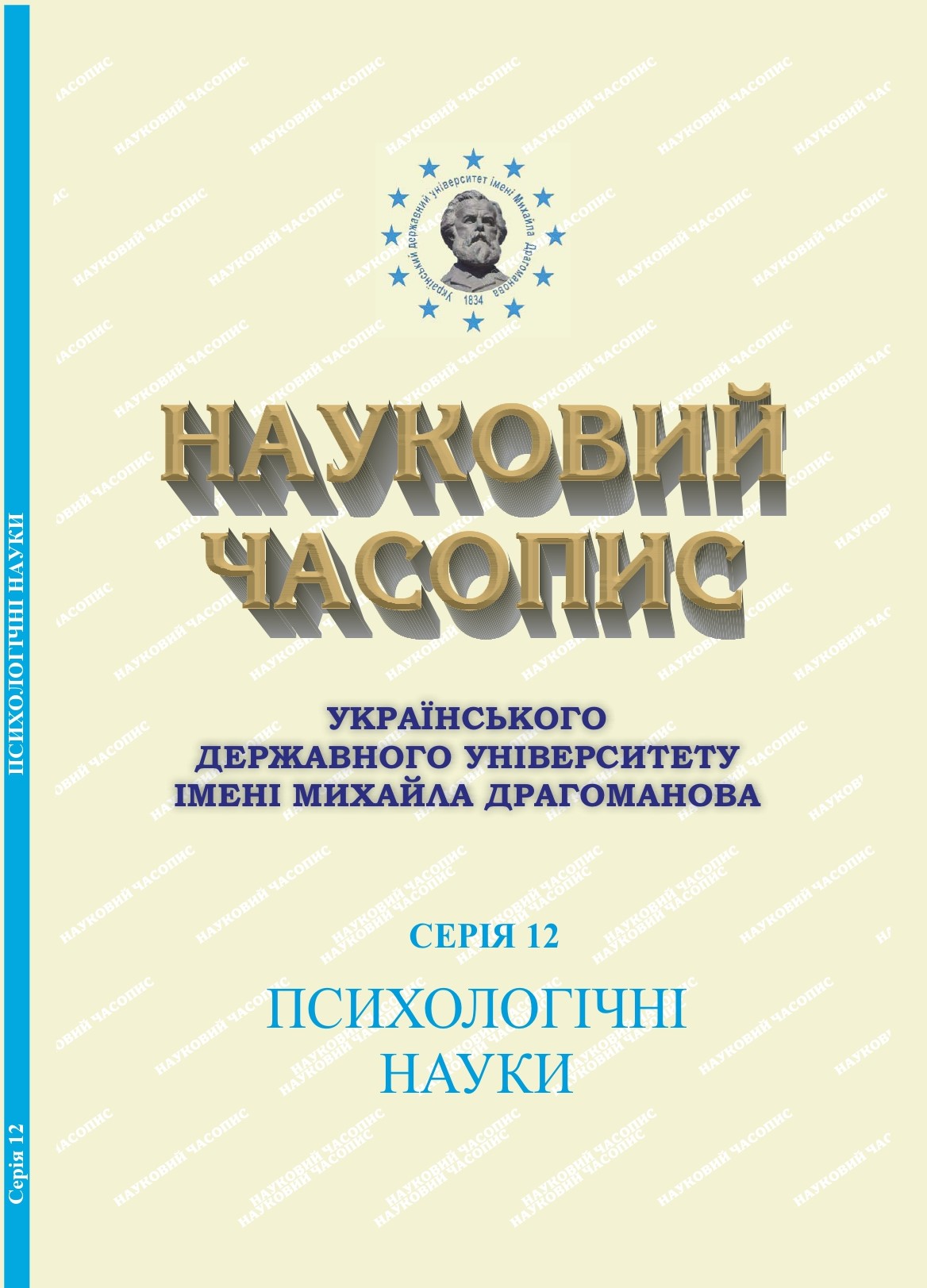INCREASING MOTIVATION FOR EDUCATIONAL PROCESS OF STUDENTS OF TECHNICAL SPECIALTIES BY DIGITALIZATION MEANS
DOI:
https://doi.org/10.31392/UDU-nc.series12.2024.24(69).01Keywords:
digitalization, digital technologies, educational process, higher education institution, participant of the educational process, motivation.Abstract
The article presents digitalization tools that are an integral part of teaching technical disciplines in higher education institutions. The advantages of digital integration of the educational process are outlined. This article also considers the range of digitalization tools that technical students use to successfully intensify their educational activities. The article is based on determining the impact of motivation by means of digitalization on the success of training technical specialties. The results of the study are based on the responses of technical education students who completed an online survey on the impact of motivation through digitalization on their academic performance. Students of technical specialties were offered a number of digitization tools that, in their opinion, have a positive effect on their acquisition of professional knowledge, skills and abilities. The analysis of the survey results with the students of technical specialties allowed us to note that the digital technologies used for the successful implementation of the educational process focus on the range from the most used, such as e-mail, to the least used, in particular the Google Docs platform. In addition, the article presents a gradation of digitalization tools that are successfully used to enhance the educational activities of students of technical specialties. The positive aspects of the use of digitalization tools in the context of their impact on the motivation of students of technical specialties are highlighted. The online survey data also showed that the use of digital technologies in education has a positive impact on the basic digital skills of technical students. It is concluded that the results of this study can provide a basis for future additional analyzes of the impact of digitalization tools on the intensification of educational activities of students of technical specialties in terms of determining their position on the specification of certain digital technologies that are crucial for them in acquiring thorough professional knowledge, skills and abilities.
References
- Dembitska, S.V., Miastkovska, M.O., & Miastkovska, D.Ia. (2021). Suchasni informatsiini tekhnolohii yak zasib aktyvizatsii navchalno-piznavalnoi diialnosti zdobuvachiv vyshchoi osvity [Modern information technologies as a means of activating the educational and cognitive activity of students of higher education]. Zbirnyk naukovykh prats Kamianets-podilskoho natsionalnoho universytetu imeni Ivana Ohiienka. Seriia pedahohichna – Collection of scientific works of Kamianets-Podilskyi National University named after Ivan Ohienko. Pedagogical series, 27, 14–17. https://doi.org/10.32626/2307-4507.2021-27.14-17 [in Ukrainian].
- Koziar, M., & Parfeniuk, O. (2018). Chotyryvymirna hrafika yak zasib pidvyshchennia motyvatsii navchannia zdobuvachiv vyshchoi osvity haluzevoho mashynobuduvannia [Four-dimensional graphics as a means of increasing the motivation of students of higher education in mechanical engineering]. Problemy pidhotovky suchasnoho vchytelia – Problems of modern teacher training, 18, 42–50 [in Ukrainian].
- Al-Said, K. (2023). Influence of teacher on student motivation: Opportunities to increase motivational factors during mobile learning. Education and Information Technologies, 28(10), 13439‑13457. https://doi.org/10.1007/s10639-023-11720-w
- Cents-Boonstra, M., Lichtwarck-Aschoff, A., Denessen, E., Aelterman, N., & Haerens, L. (2021). Fostering student engagement with motivating teaching: An observation study of teacher and student behaviours. Research Papers in Education, 36(6), 754–779. https://doi.org/10.1080/02671522.2020.1767184
- De Barba, P.G., Kennedy, G.E., & Ainley, M.D. (2016). The role of students' motivation and participation in predicting performance in a MOOC. Journal of Computer Assisted Learning, 32(3), 218–231. https://doi.org/10.1111/jcal.12130
- Infante-Moro, A., Infante-Moro, J.C., & Gallardo-Pérez, J. (2020, October). Motivational factors in the insertion of digital skills in teaching. In Eighth International Conference on Technological Ecosystems for Enhancing Multiculturality, 20, 365–370. https://doi.org/10.1145/3434780.3436631
- Raji, N.A., Busson-Crowe, D.A., & Dommett, E.J. (2023). University-Wide Digital Skills Training: A Case Study Evaluation. Education Sciences, 13(4), 333. https://doi.org/10.3390/educsci13040333
- Szőköl, I. (2021). Learning motivation and quality of the educational process. In Lecture Notes in Networks and Systems. International Conference on Interactive Collaborative Learning, 390, 199–209. Cham : Springer International Publishing.

